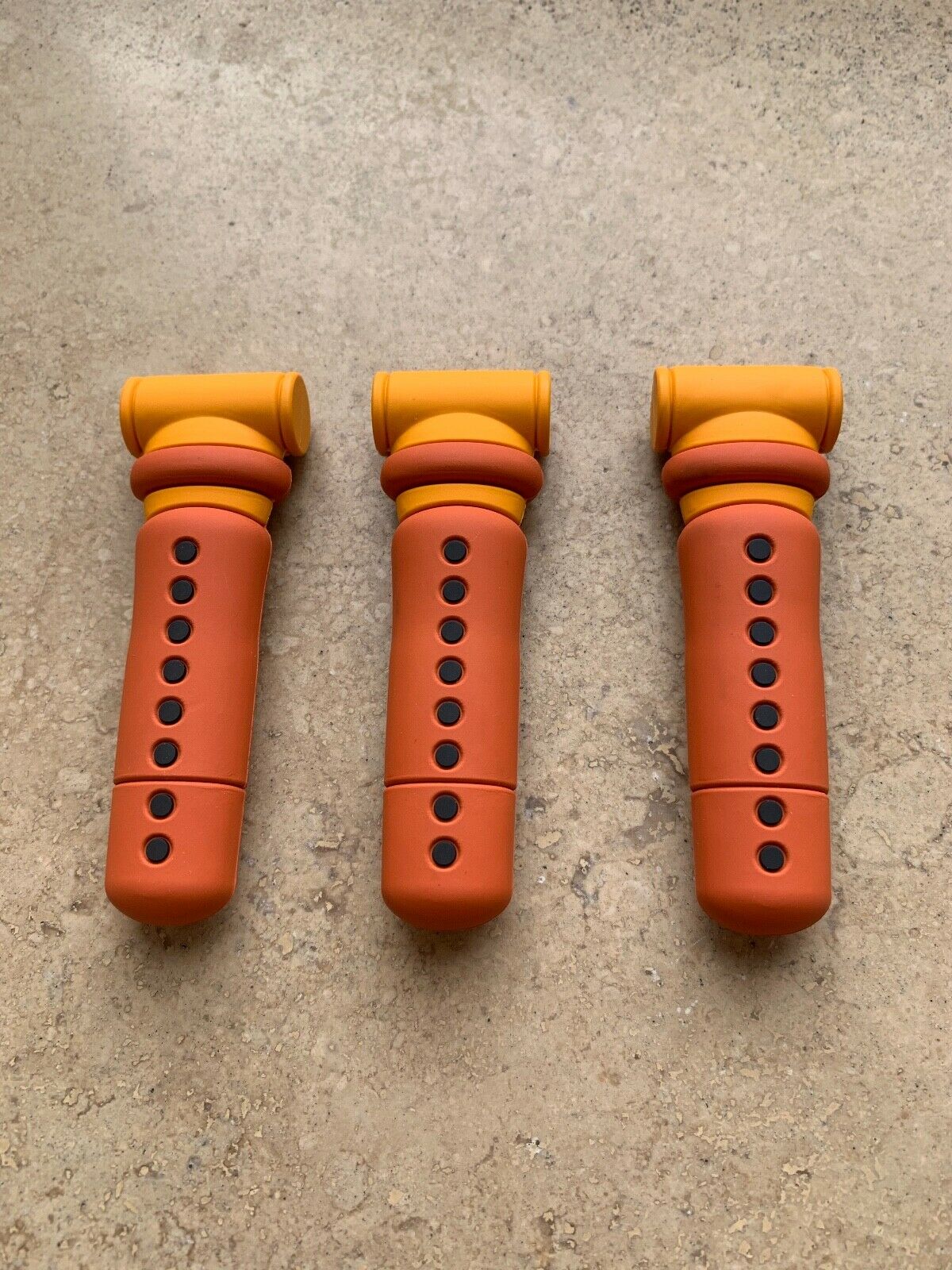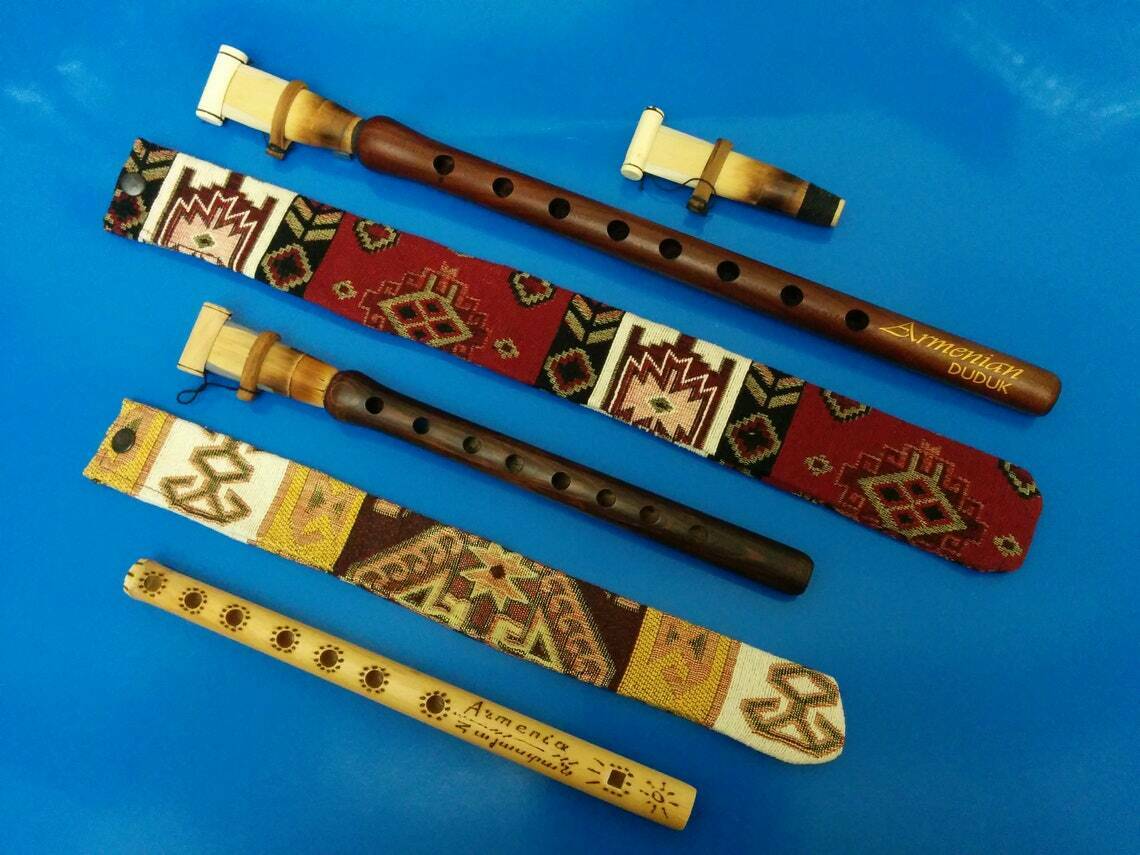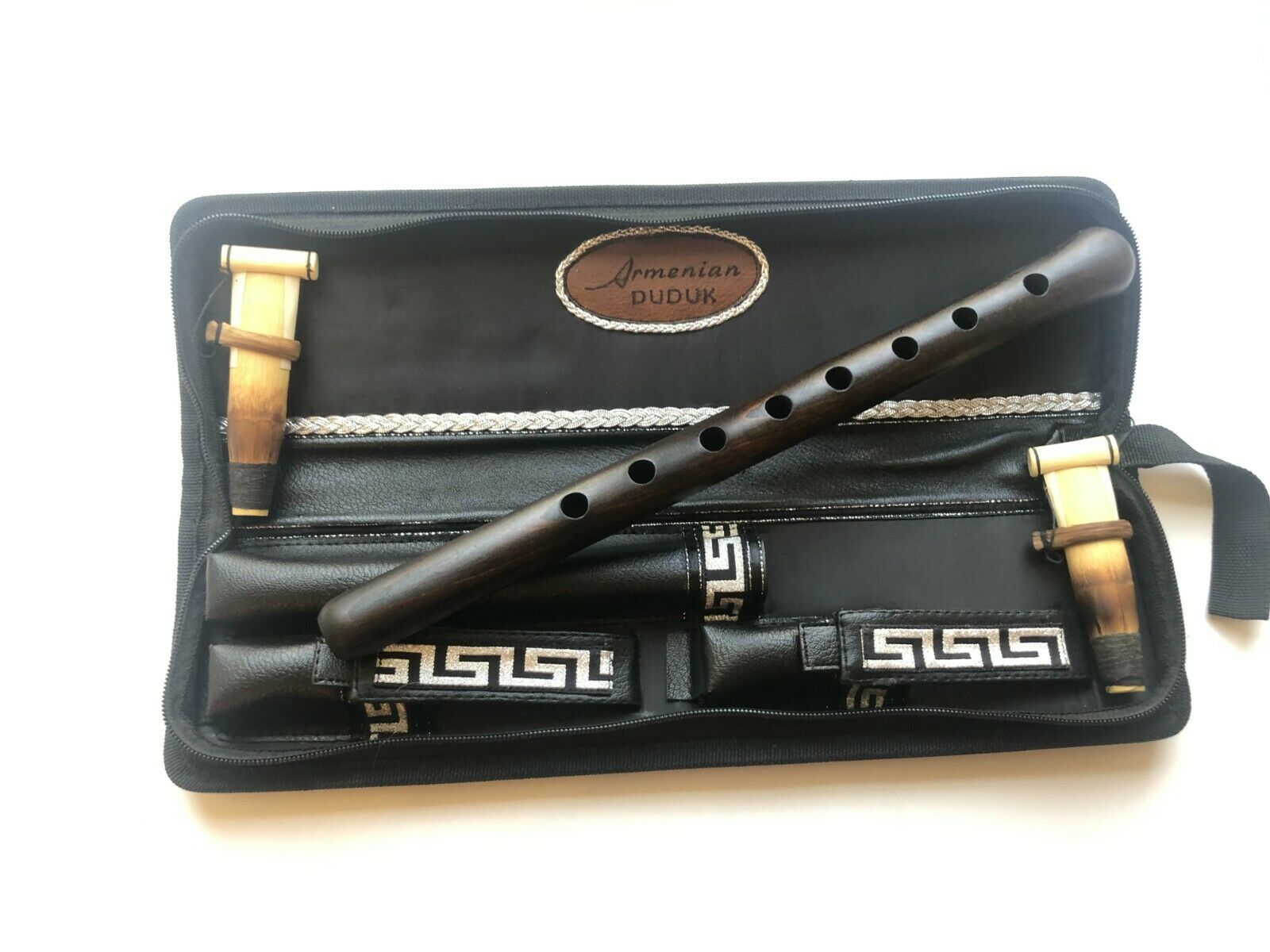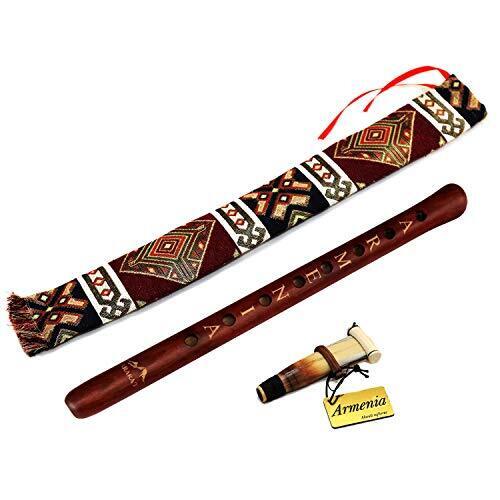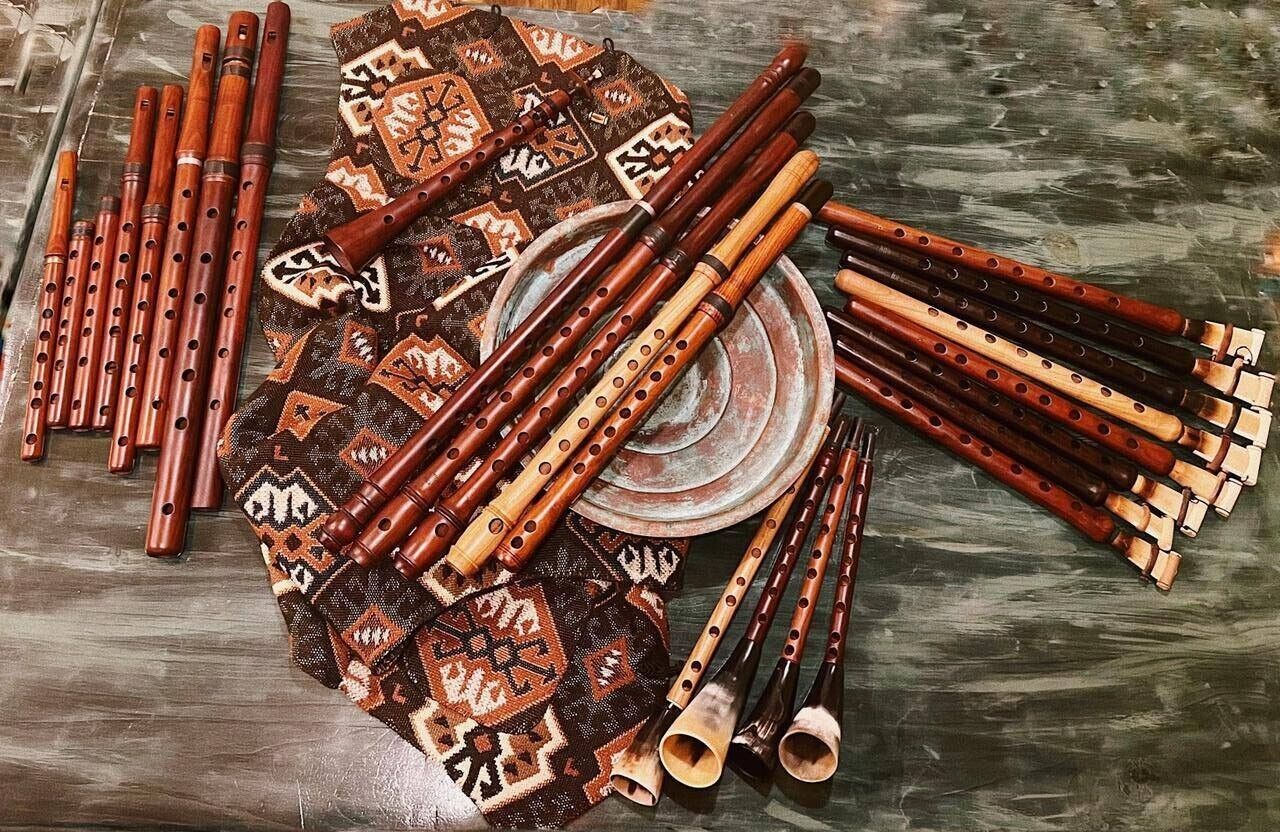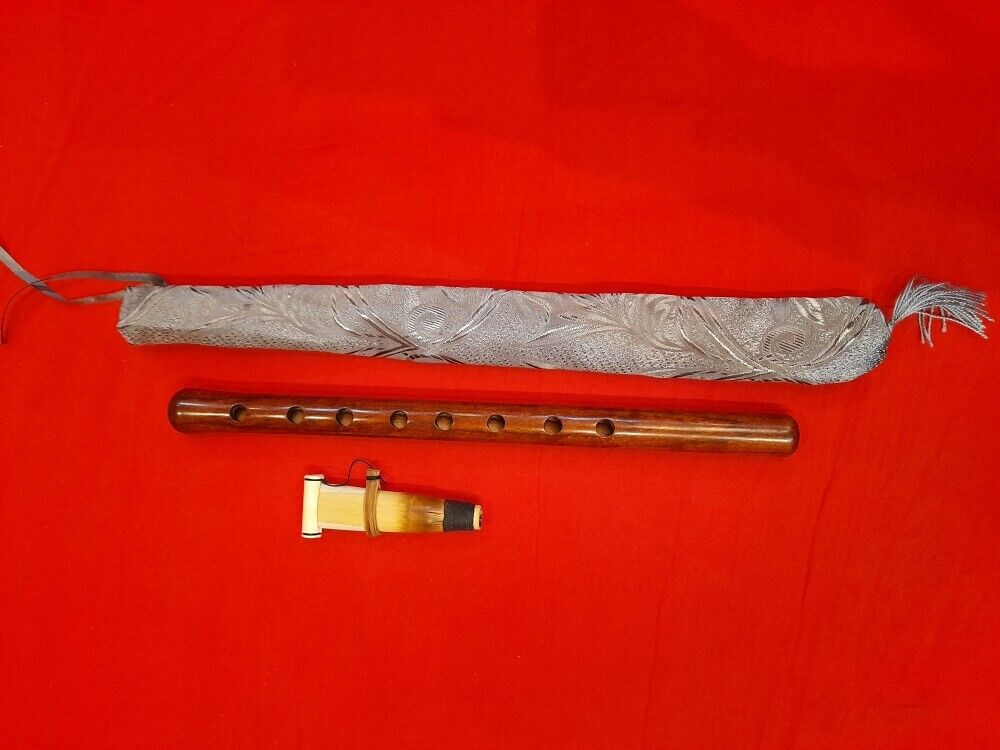-40%
Armenian Professional BASS Duduk Apricot Wood in Hard Case 2 reeds in Key A
$ 152.59
- Description
- Size Guide
Description
It is great instrument (Concert Grade) for professional level musician, also can be excellent instrument for beginners who want to enter the world of Ancient Armenian Music World.Handcrafted by professional craftsmen Narek Mkrtchyan.
The instrument is stamped with a master's logo and there is a key engraving.
What will you get:
1. One Apricot Wood Bass Duduk in key A
2. Two different professional reeds
3. Hard Case
4. Playing instruction in English
Plus unexpected gift....:)
If you have any questions regarding the condition of an item, need additional pictures, or anything else, PLEASE contact me before you bid!
See my other listings for more great items!
The Duduk is one of the oldest double reeds instruments of the world. It is considered the most "Armenian" of all folk instruments because of its Armenian origins and its ability to honestly express the emotions of the Armenian people. It has a 1500-year history and is native to Armenia although there are variants played in other countries. The duduk reflects the passion, celebration, and suffering of Armenia. The duduk is a cylindrical instrument made of apricot wood and in typically 28, 33, or 40 cm in length. It has 8 or 9 holes and 1 thumbhole which provide a range of slightly more than one octave. The double reed, also known as ramish or yegheg in Armenian, is typically 9-14 cm in length and is surrounded by a thin flexible wood binding that slides along the length of the reed. This binding is used for tuning the duduk as it controls the opening/ closing of the reed. The reed itself grows plentifully along the Arax River in Armenia.
The sound of the duduk is warm, soft and has a slightly velvety nasal timbre, characterized lyricism, emotion and expressiveness.
While other countries may use the wood from other fruit and/or nut trees when making their instruments (often plum and walnut in Georgia, for example...), in Armenia, the best wood for making duduks has been found to be from the apricot tree. It has come to be preferred over the years for its unique ability to resonate a sound that is unique to the Armenian duduk. All of the other variations of the instrument found in other countries have a very reed-like, strongly nasal sound, whereas the Armenian duduk has been specifically developed to produce a warm, soft tone which is closer to a voice than to a reed.






